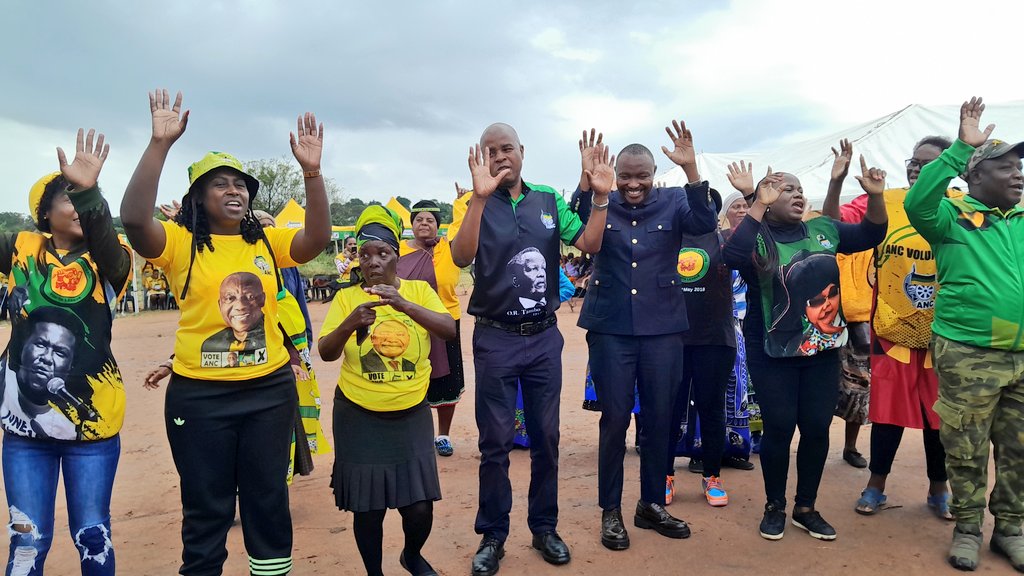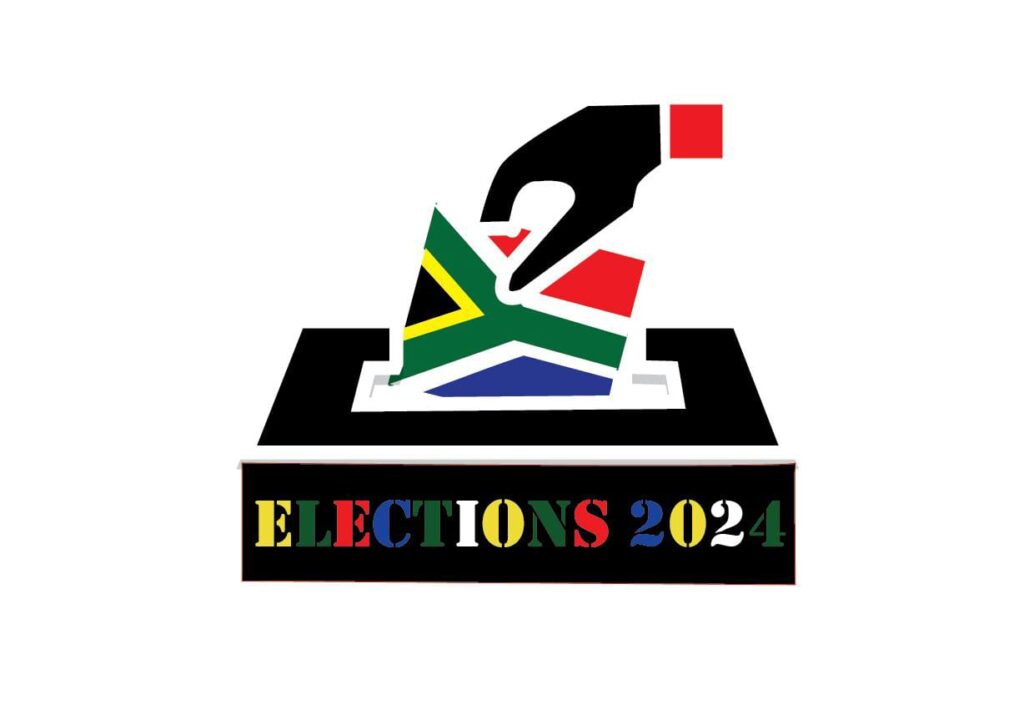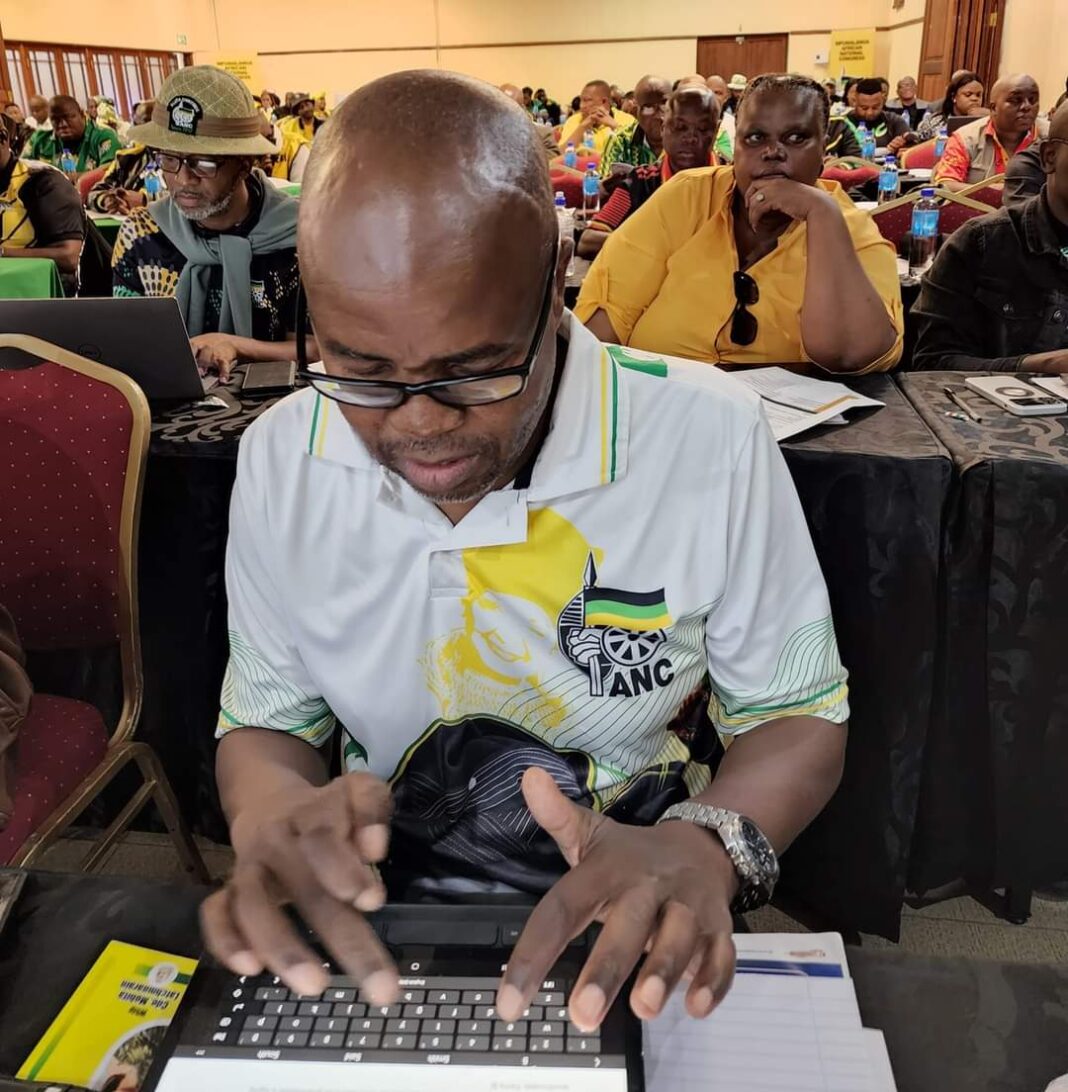By Simon Nare
Never has the governing ANC party faced such uncertainty in one of its former haven provinces such as Mpumalanga. In the past it was always assured of smooth sailing to victory at the provincial and national elections since 1994.
No party has come close to wrestling it out of power even though the numbers at the polls show a steady decline as far back as 2009. That was back when the liberation movement was fighting off the DA and the Freedom Front Plus who were far off the mark.
Since the emergence of the EFF led by self-claimed commander in chief Julius Malema, the numbers are slowly being chipped away at what should be a concern to the once untouchable political party. As the fourth most productive province in the country after Gauteng, KZN and Western Cape, Mpumalanga is a vital province to control politically.

In the two previous elections, the EFF has managed to reduce the ANC percentage share of the vote from 85.55% to 70.58% in 2019. The Democratic Alliance on the other hand has managed to increase their vote by smaller margins. It is the EFF that scored big and eventually overtook the Blue Brigade to become the official opposition during the previous election.

Now the stakes are high with MK party led by Jacob Zuma and ActionSA led by former businessman Herman Mashaba – both set to play a part and take their share of the vote. Lingering in the background are the independent candidates – who for the first time in the national and provincial elections are in the running following the landmark court ruling making them eligible to contest.
As to who will take the role as the first citizen in the province, it’s impossible to predict now as some parties have still not said who their candidates will be.
While the ANC has not yet announced who is their candidate is, chairman in the province Mandla Ndlovu will surely be leading the pack.
He has been seen with party heavyweights such as former premier Mathews Phosa and second secretary general Maropeng Ramokgopha.
Although Phosa admitted to the party’s failure to deliver in the past 30 years, he is confident it still enjoys popular support in the province while Ramokgopa believes the party will get over 90%.
“This province we are definitely going to win with over 90% this province alone and it is then going to assist us to get at least 53 to 58% nationally. They (volunteers) are doing so well we are very confident. From all the houses we went to you can hear that people are very positive about their organisation which is the ANC,” said a confident Ramokgopha during the recent campaign trail.
But indications are there may well be a different scenario emerging especially with the boisterous entrance of the MK party. Zuma is still a popular figure in the province due to his once close relationship with another once powerful figure – former deputy president David Mabuza.
The province has a budget of just over R61 billion budget annually and a gross domestic product of over R500 000 billion generated from its various key factors such as manufacturing, energy, agriculture, and mining.
Mpumalanga is home to the most sought-after energy commodity, which is coal. And yet, like in every corner of the country, residents of this peaceful province have been staging protests after protests decrying a lack of service delivery. At issue mostly is basic services such as decent roads, water, economic opportunities as well as jobs.
Currently the province has the 6th highest unemployment rate with 47%. Now, not only will the ANC have to deal with its pathetic service delivery record over the past 30 years, but they will also have to convince the electorate to give them another try. Perhaps it was a bit easier when fending off the DA and the Freedom Front Plus.
The party will have their hands full with the ever-growing red berets, and the MK party.
Mpumalanga has 2 020 070 registered voters which is less than half of its 5 43 324 population. This translates into 7.3% of the national vote. The scramble is on.
Figures from the previous elections paint an interesting scenario. After a slight increase in the 2004 elections from 84.56 to 86.30%, it has been a downward spiral for the ANC as it dipped to 85.55% in the 2009 elections to 78.23 % in the 2014 elections. It took a knock when the EFF entered the contest for the first time and garnered 6.26% of the vote while the DA maintained its status as the provincial opposition party with 10.40% and the Freedom Front Plus remained the fourth most popular party in the province scoring a 0.82%.
For a party that serves a tiny minority, the Freedom Front Plus has been making its presence felt in this province. Following an increase in 2004 to 1.24%, the dominant Afrikaans party has also been on the decline. After the 2004 gains, it went to 0.89 in 2009, 0.82% in 2014 but then jumped to 2.43% in the 2019 elections.
During the same period the DA climbed from 6.94%, 7.49%, 10.40% with a dip to 9.77%. The EFF gained 6.26% in its first elections and more than doubled in the 2019 elections with 12.79% to claim the official opposition status in the province.
As the political parties are wrapping up their campaigns, candidates will be hard pressed to provide real answers to the electorates, who like other residents across the country, want answers to how politicians will solve their real worries and concerns such as housing, clean water, health care services, jobs and lawlessness.
INSIDE POLITICS

